Curated OER
Mars Pathfinder Egg Drop and Landing
Students construct a pathfinder that could land an egg safely. In this physics lesson plan, students explain the factors affecting the dynamics of falling objects. They evaluate their pathfinder design.
Other
Duke: Center for Inquiry Based Learning
Duke University has established the Center for Inquiry-Based Learning. It serves to enhance math and science lessons. Click on Resources for good examples of Inquiry-based lesson plans.
Science Education Resource Center at Carleton College
Serc: Brine Shrimp Inquiry
In this lab, students will practice inquiry with some guidance. They will begin by observing brine shrimp that have hatched. They will formulate possible testable questions to investigate about brine shrimp. Then as a class they will...
ReadWriteThink
Read Write Think: Digging Up Details on Worms: Using Science in an Inquiry Study
A lesson plan based on a study unit of earthworms, using the inquiry model to integrate scientific processes with literacy practices. Instruction plans, related resources, and standards are included.
Daily Teaching Tools
Daily Teaching Tools: The Inquiry Teaching Strategy
This Daily Teaching Tools resource provides information about using inquiry when teaching. An explanation shares the importance of using inquiry to spur curiosity in students as they engage in research.
PBS
Wnet: Thirteen: Concept to Classroom: Workshop: Inquiry Based Learning
Explanations, examples, defined vocabulary terms, and answers to questions about nquiry-based learning.
Science Education Resource Center at Carleton College
Serc: Qualitative Analysis: Guided Inquiry
In this experiment, students will design and carry out a sequence of chemical reactions for the separation and identification of three metal cations from six unknown samples.
Science Education Resource Center at Carleton College
Serc: Lab Investigation Mixture Separation
An inquiry lab where students try to separate as much as the pure substance they can in a set time period. This lab helps students understand that physical means can be used to take apart a mixture.
Discovery Education
Discovery Education: Scientific Inquiry, Episode 1
In this classroom activity, students discuss how people and pollution affect the environment. Then they demonstrate ways to recycle, reduce, and reuse.
Discovery Education
Discovery Education: Scientific Inquiry, Episode 2
A project where students research and learn about animals of the rainforest. Students then make mobiles displaying several different animal pictures and facts.
Other
New Mexico State University: Science Pirates: The Curse of Brownbeard
Available for PC and Mac, an educational game relaying the importance of food safety, handwashing, and hygiene, while encouraging scientific exploration and inquiry. Requires approximately two hours of playing time to complete.
Science Education Resource Center at Carleton College
Serc: Mini Lab 14: Molecules in Motion
In this inquiry-based lab, students investigate the phenomenon of molecular motion. They will understand the relationship between temperature and molecular speed, the relationship between concentration and diffusion rate, and what...
Science Education Resource Center at Carleton College
Serc: Investigating Characteristics of Enzymes & Factors That Affect Their Funct
By using inquiry skills, students will design and complete a lab investigation to gain an understanding of the concept of enzymes.
Other
Generation Cures: Pathogens [Pdf]
Students will use scientific inquiry to prevent infection within an organism. At the end of the activity, students will understand cell characteristics, effect of microorganisms and how the body protects against harmful microorganism....
PBS
Pbs Learning Media: Pbs Kids: Sci Girl: Collection
SciGirls has the bold goal of changing how millions of girls think about science, technology, engineering and math -- or STEM. Each half-hour episode highlights the processes of science and engineering, following a different group of...
BSCS Science Learning
Bscs: Budburst Fall Colors
For this Inquiry, students engage in a debate between two characters about when a bed-and-breakfast (B&B) should have a fall leaf-peeping special to maximize the guest experience. Students are introduced to Budburst, a citizen...
BSCS Science Learning
Bscs: Globe at Night Dark Skies
In this inquiry, students predict the best place to stargaze in Arizona based on the brightness of the night sky. Students are introduced to the concept of light pollution and Globe at Night, a global citizen science project in which...
BSCS Science Learning
Bscs: Global Night Sky Comparison
This inquiry invites students to investigate human impacts on the environment. Specifically, students will examine the relationship between human population, light pollution, and how brightly celestial objects like stars appear in the...
BSCS Science Learning
Bscs: Frog Symphony
This inquiry focuses on analyzing spatial and temporal data for frog calls to determine the best time of day and location to hear a symphony of frogs. Click on the link for teaching guides and handouts.
BSCS Science Learning
Bscs: Chesapeake Bay Algal Blooms
In this inquiry, young scholars engage with mapping data to determine what kind of land coverage is contributing the most to harmful algal blooms in the Chesapeake Bay Watershed. Click on the link for teacher resources for teaching...
BSCS Science Learning
Bscs: Budburst Lilac Festival
In this Inquiry, students predict the best date to host a lilac blossom festival so that lilacs are in full bloom in the city where students live. Students are introduced to Project Budburst, a citizen science project in which volunteers...
BSCS Science Learning
Bscs: Asking and Answering Questions With Data
This inquiry is intended to provide students with practice developing investigable questions that need data, and specifically large datasets, to be answered. Click the teacher resources link for teaching guides and student handouts.
BSCS Science Learning
Bscs: Globe at Night Dark Skies
In this inquiry, young scholars predict the best place to stargaze in Arizona based on the brightness of the night sky. Students are introduced to the concept of light pollution and Globe at Night, a global citizen science project in...
Daily Teaching Tools
Daily Teaching Tools: Strategies to Increase Participation, Interest, Motivation
This Daily Teaching Tools resource provides information about teaching strategies: The Inductive Strategy, The Concept Attainment Strategy, The Deductive Strategy, The Cooperative Unit Teaching Strategy, The Mind Mapping Strategy. and...



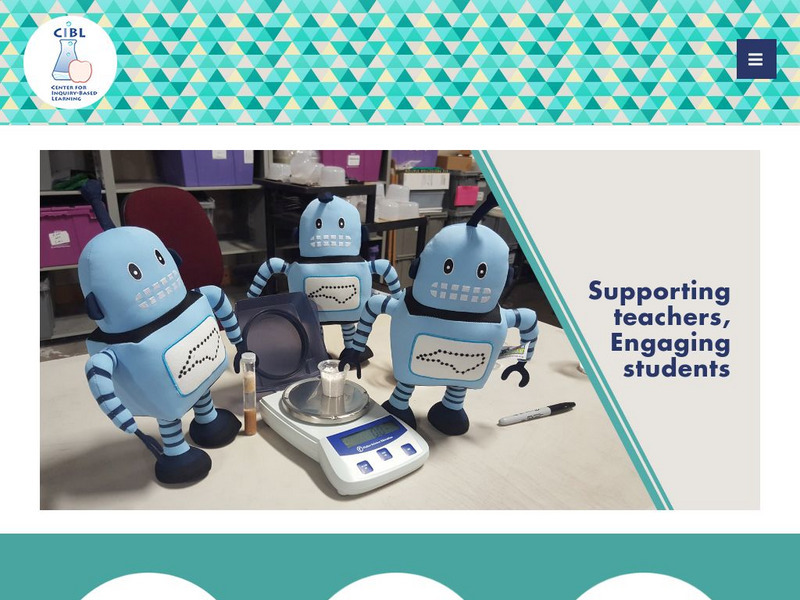



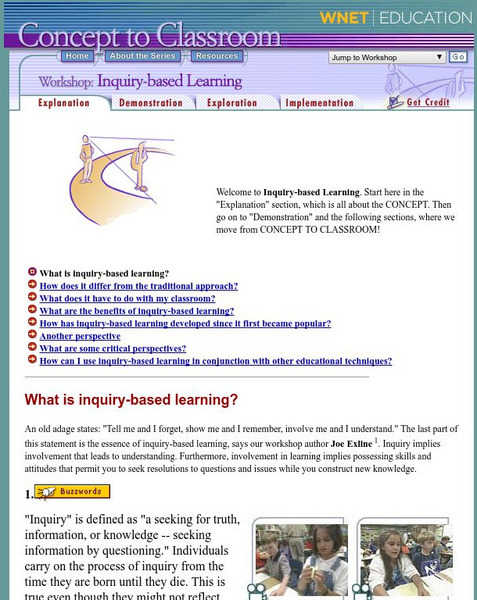
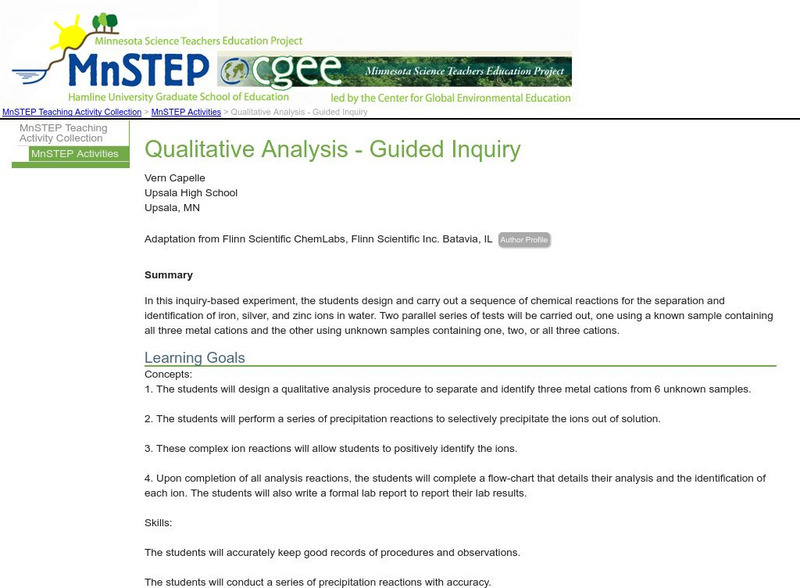

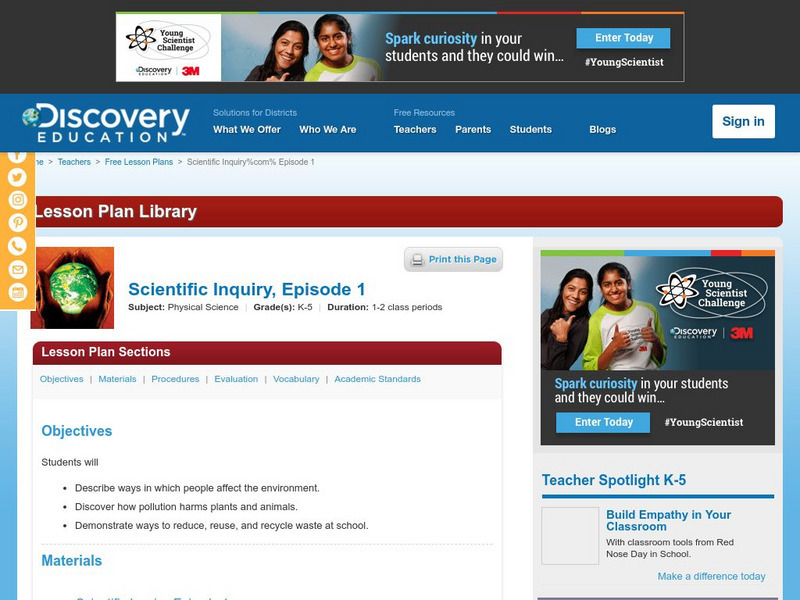
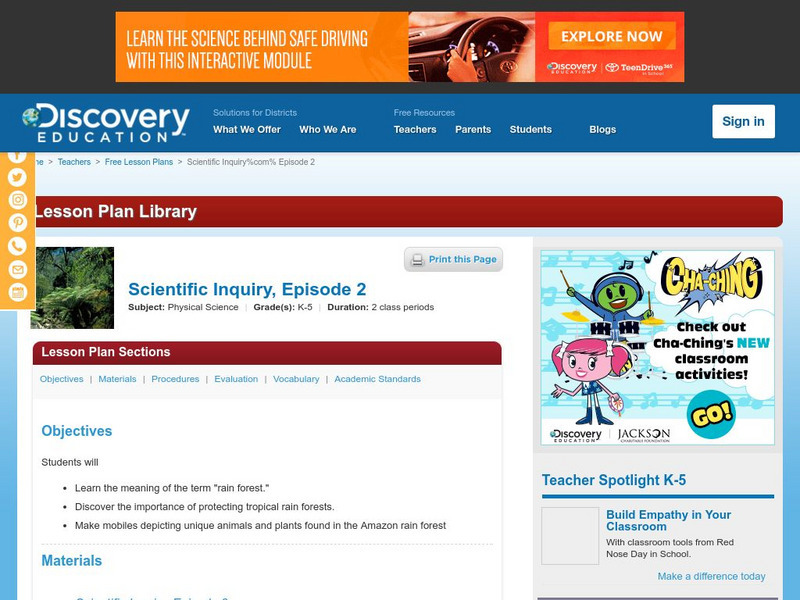
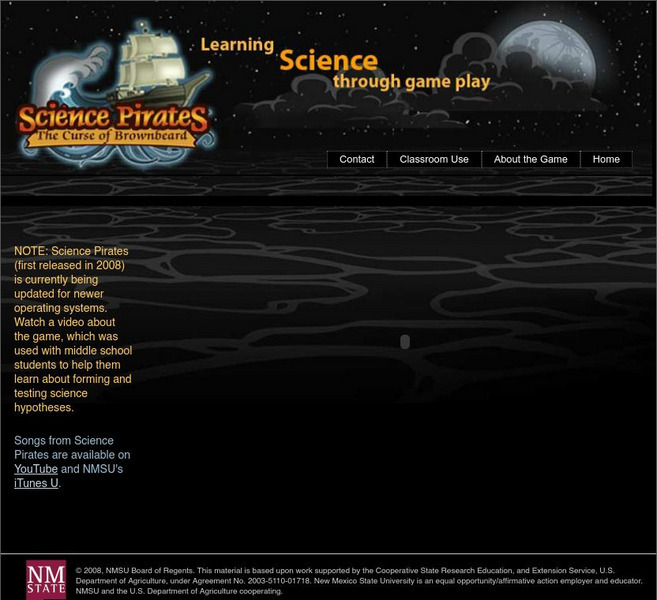
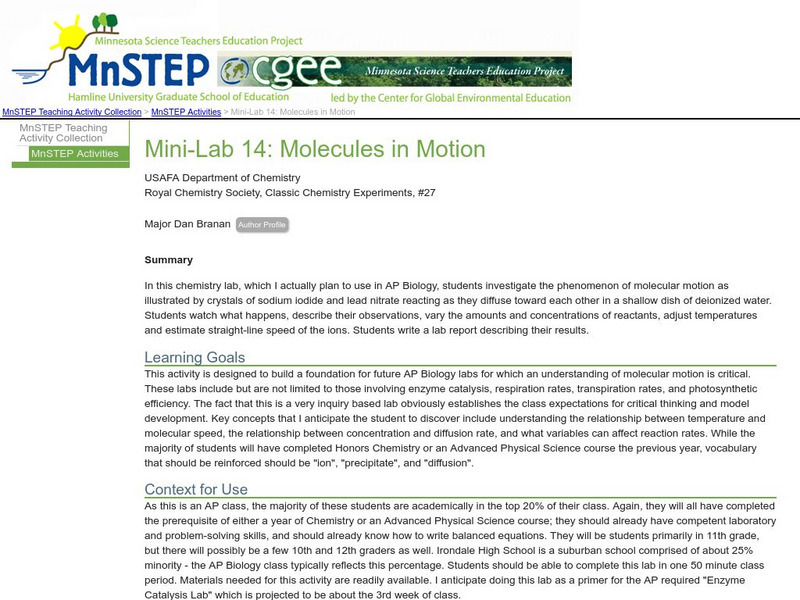
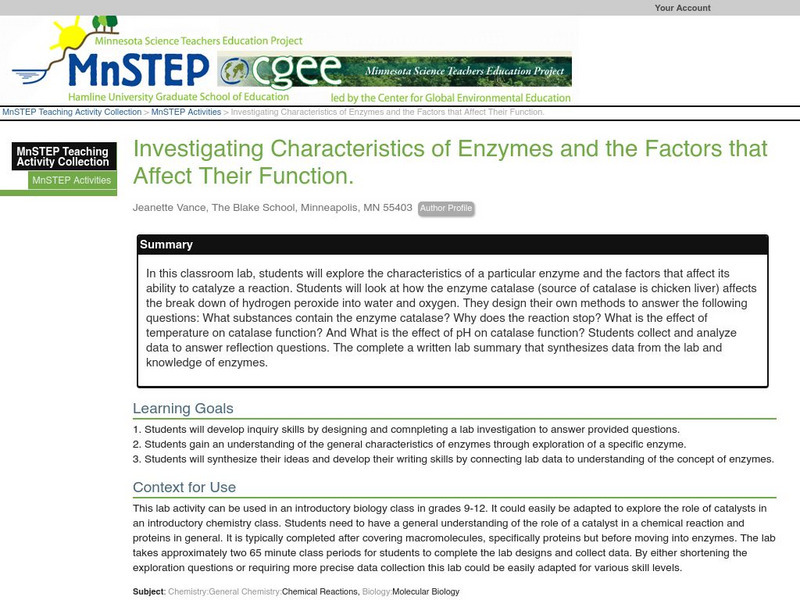
![Generation Cures: Pathogens [Pdf] Lesson Plan Generation Cures: Pathogens [Pdf] Lesson Plan](https://static.lp.lexp.cloud/images/attachment_defaults/resource/large/FPO-knovation.png)
